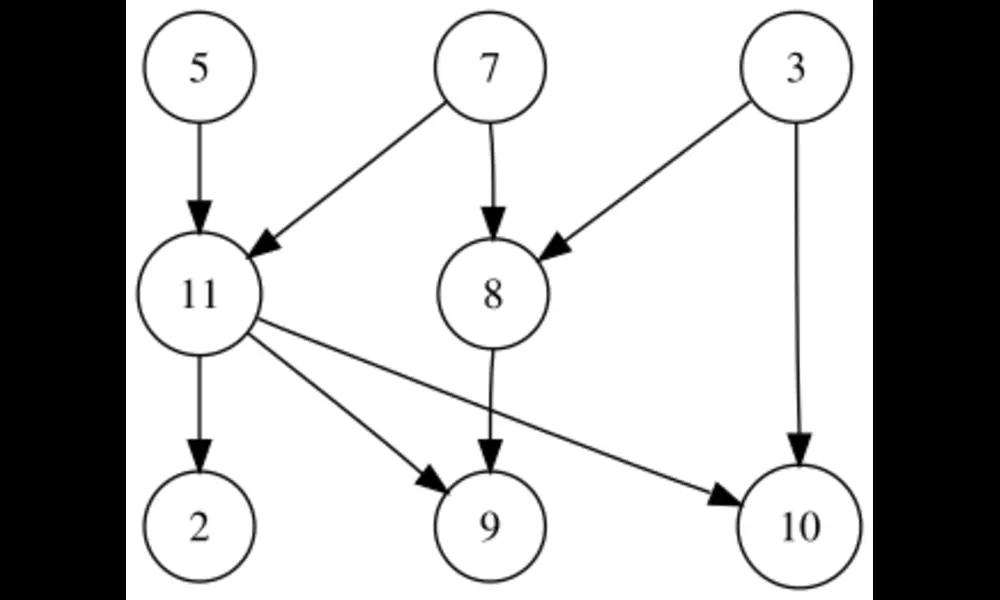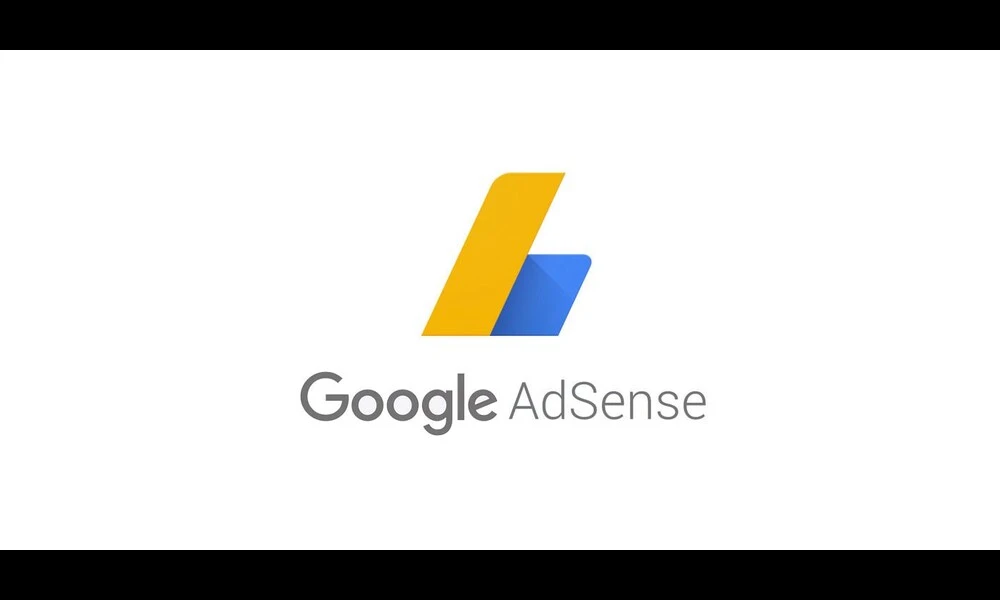Some Addiction Psychologists Dislike "Preaddiction” Label
Published on Mon Oct 30 2023 Blue Glass | Sergei F on Flickr
Blue Glass | Sergei F on Flickr
The term "preaddiction" has recently been proposed to better identify and address early-stage substance use disorder (SUD). This new label could replace existing terms like "problematic substance use," "mild substance use disorder," and "moderate substance use disorder." The National Institute on Drug Abuse (NIDA) and the National Institute on Alcohol Abuse and Alcoholism (NIAAA) have expressed interest in the concept and its potential benefits, such as raising awareness about harmful substance use, increasing screening and brief interventions, and preventing overdose.
However, there are some potential pitfalls associated with adopting the term "preaddiction." The existing categories for assessing SUD severity are already on shaky ground in terms of their validity and clinical utility. Additionally, attaching another label to these categories may not improve awareness and interventions for harmful substance use. There is concern that using the term "preaddiction" may stigmatize individuals with SUDs, and it may not accurately reflect the potential for recovery without formal treatment. Furthermore, the label could exacerbate existing stigma, deter people from seeking care, and empower exploitative addiction treatment industries.
The paper compares the term "preaddiction" to "prediabetes," which is used to identify individuals at risk for type 2 diabetes. However, addiction and diabetes are different in terms of how they are understood as medical conditions and their rates of natural recovery. The usage of "prediabetes" has also been questioned by expert groups due to its limited predictive abilities and potential to cause stigma. The proposed "preaddiction" label may overlook important psychosocial and systemic factors in addressing harmful substance use.
Instead of adopting the "preaddiction" label, the paper suggests a continuum-based, public health approach to substance-related challenges. This approach avoids arbitrary categories and labels, and instead focuses on viewing harms resulting from substance use on a continuum without thresholds or cutoffs. By embracing this model, efforts can be directed towards promoting coverage and treatment access across the spectrum of substance use, while also recognizing social and structural determinants of health. Advocating for this continuum-based approach may be more effective in achieving the goals of identifying and addressing harmful substance use and SUD.



